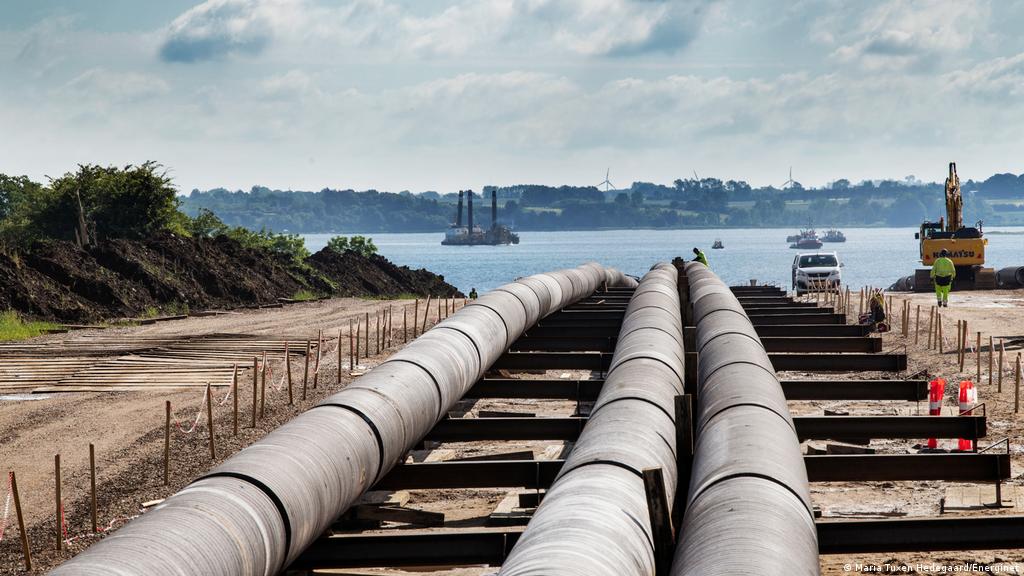
Conventional Oil and Gas Exploration Spending Reaches New Heights, but Discoveries Lag Behind
Posted 03/08/2023 12:29
Despite a surge in spending on conventional oil and gas exploration, operators are facing disappointing results in terms of discovered volumes, according to research by Rystad Energy. The energy research company reported that spending on conventional exploration is expected to exceed $50 billion this year, the highest since 2019. However, the discovered volumes in the first half of 2023 amounted to only 2.6 billion barrels of oil equivalent (boe), which is 42% lower than the same period in 2022.
The E&P industry is currently undergoing a transition, with companies adopting more cautious approaches and focusing on geologically better-known and profitable regions. This shift in strategy, combined with several unsuccessful high-potential wells, has contributed to the decline in discovered volumes.
Exploration companies are particularly prioritizing the offshore sector, investing heavily in underexplored or frontier areas in hopes of unlocking new reserves through high-risk offshore developments. The offshore industry accounts for around 95% of exploration spending in 2023, but it has only yielded about two-thirds of the discovered volumes.
Guyana's Stabroek offshore block leads the way in discovered volumes, followed by Turkey, Nigeria, and Namibia. The distribution of offshore discoveries is relatively even between ultra-deepwater, deepwater, and shelf finds. However, the research indicates an expected increase in ultra-deepwater activity in the latter half of 2023.
High-impact wells, designated based on their production potential, have not fared well, with only a 31% success rate among the 13 completed wells. Failures in these wells have significantly contributed to the declining discoveries.
Among the six majors (ExxonMobil, BP, Shell, TotalEnergies, Eni, and Chevron), which are driving exploration spending, only 30% of the anticipated wells have been completed so far. This suggests that more activity is yet to come, and a potential rebound in 2024 remains possible.
The industry's focus on the offshore sector and exploration in frontier regions could play a pivotal role in unlocking new resources and supporting the growing demand for fossil fuels. However, uncertainties and challenges persist, and the success of exploration efforts will shape the industry's future in the coming years.







